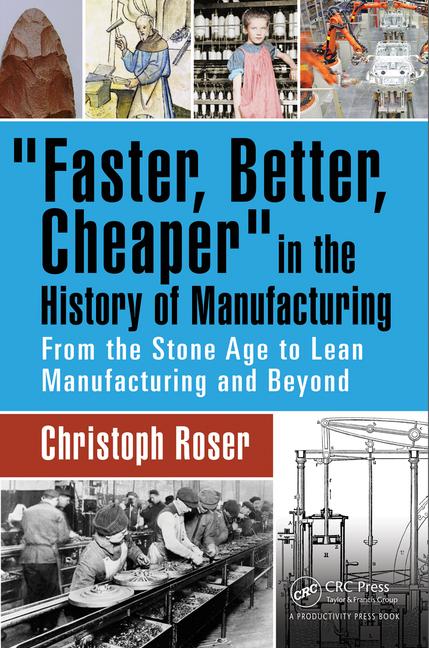What gets you out of bed in the morning? Whatever the reason, new evidence suggests that people who work in manufacturing are more eager to get up and go than people in other professions.
Best Mattress Brand—a website covering sleep health—recently surveyed 1,060 people to gain insights into our morning routines. Everyone is different, of course. Hundreds of factors influence our mornings, including when we go to sleep, when we wake up, how we prepare for bed, and how we prepare for the day ahead. However, Best Mattress Brand’s survey revealed that one important factor is the industry in which we work. It turns out the industry we work in influences our need to lie in bed after the alarm sounds.
Regardless of when we need to be at work, we’re going to set an alarm depending on how long it takes us to get up, get ready and get to our workplace. How long we lie in bed after the alarm goes off depends on factors such as the stress we must endure, the responsibilities we have, and how we decide to face the day ahead.
People with more “lightweight” jobs in industries like arts, entertainment and recreation stay in bed the longest—an average of 14 minutes—while those who stay in bed the least seem to work in more manual jobs, such as transportation, construction or manufacturing. In fact, people employed in manufacturing stay in bed just 7 minutes after the alarm sounds—the least amount of time of any profession.
Why is that? I like to think we take pride in producing a quality product that people love or depend on. Perhaps it’s the opportunity to learn something new or solve a problem, or maybe it’s the opportunity to work with a team of talented individuals. At The ASSEMBLY Show South in April, I met three young manufacturing engineers from Lockheed Martin. The pride they took in their work producing the F-35 was obvious. Similarly, I chatted with an engineer from the Mercedes-Benz assembly plant in Vance, AL. He faced a daunting challenge—to cost-effectively produce a new EV model—yet he was clearly stoked by the opportunity.
Another factor that makes people lie in bed is job satisfaction. Not surprisingly, people who are dissatisfied lie in bed 11 minutes—two minutes longer than those who are satisfied.
One more factor is how much time we need to get ready in the morning. This mostly depends on the environment we work in, as some jobs require more maintenance than others. Here, too, manufacturing has an advantage. On average, people employed in manufacturing need just 34 minutes to get ready for work, the second shortest timing of any industry. In contrast, those employed in government and public administration workers take the longest to get ready (42 minutes). This can be explained by the nature of the two jobs, as people with public roles often have a dress code and their contact with the public means they need to carry themselves a certain way.
This could help with recruiting new workers to our profession: “Manufacturing: Where you don’t have to wear a suit and tie!”
What gets you out of bed in the morning? Share your thoughts with me: sprovierij@bnpmedia.com.
How Long Do You Stay in Bed After the Alarm Goes Off?
Industry Time
Manufacturing 7 minutes
Construction 7 minutes
Homemaker 8 minutes
Transportation and warehousing 8 minutes
Information services and data processing 9 minutes
Hotel, food service, hospitality 9 minutes
Wholesale and retail 10 minutes
Education 10 minutes
Government 10 minutes
Technology 11 minutes
Finance and insurance 11 minutes
Medical and health care 11 minutes
Unemployed 13 minutes
Arts, entertainment and recreation 14 minutes








